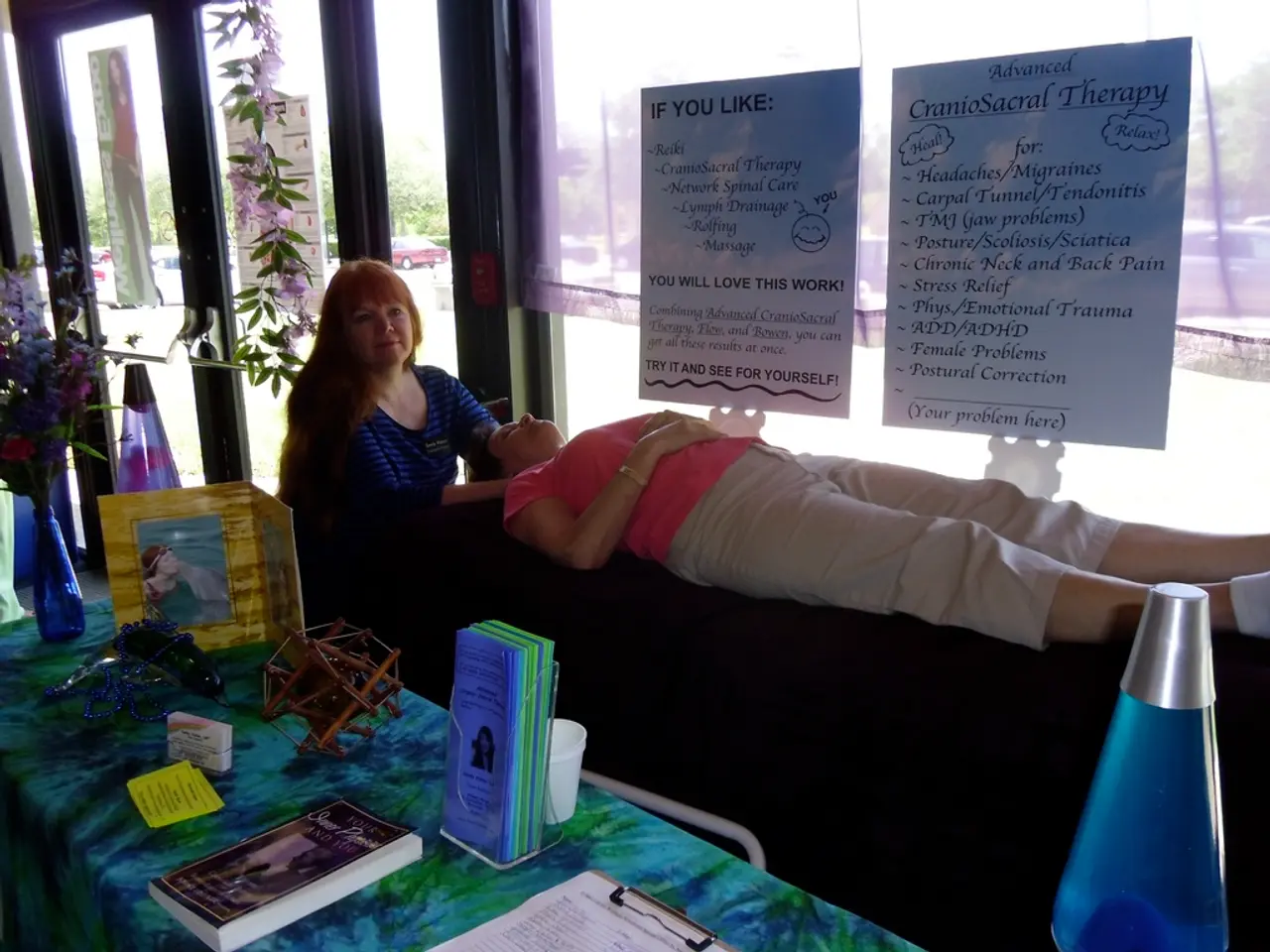Strategies for Conquering Depression
Depression is a common mental health issue that affects many people worldwide. According to the American Psychiatric Association, one out of every six people will experience major depression at some point in their lifetime.
Seeking support from a mental health professional is often a good first step when facing depression symptoms. A mental health professional can help develop a treatment plan suited to individual needs, which may include talk therapy, medication, or lifestyle changes. The World Health Organization (WHO) in a 2019 study found that dance movement therapy can be effective in reducing depressive symptoms.
Setting and working towards small, specific, and achievable goals can help manage depression symptoms. This could be as simple as taking a walk every day or learning a new skill. Achieving these goals can help boost mood, reduce anxiety, and lessen the effects of depression.
Engaging in creative activities can also be effective in reducing depressive symptoms. Activities such as dance, music, painting, theater, or other forms of artistic expression can promote positive mental health outcomes and help lift mood.
Regular exercise may also be beneficial in managing depression. Exercise releases endorphins that increase pleasure and minimize pain, which may help overcome feelings of depression. A 2019 review suggests that exercise may be effective in preventing depressive episodes.
In addition, spending time in nature can help improve thinking, memory, and mood, and reduce stress. Being outside and exposed to fresh air and sunlight may contribute to these positive effects.
Writing in a journal can also help manage depression symptoms. Putting thoughts and feelings down on paper can give a sense of control over them, which may help reduce stress and anxiety, promote self-awareness, and help identify negative thoughts and behaviors.
It's important to remember that everyone experiences depression differently, and it's crucial to find strategies that work best for you. Engaging in different strategies such as spending time outside, meditating, using creativity, or setting actionable and attainable goals may help in managing depression symptoms.
If you or someone you know is in crisis, help is available. The 988 Suicide and Crisis Lifeline, Crisis Text Line, and Befrienders Worldwide are resources that provide support and assistance.
Common treatment options for depression include talk therapy, medication, and alternative treatment strategies like acupuncture or mindfulness. It's essential to discuss these options with a mental health professional to determine the best course of action.
Remember, it's okay to ask for help. Managing depression is a journey, and it's important to take care of yourself.
Read also:
- Peptide YY (PYY): Exploring its Role in Appetite Suppression, Intestinal Health, and Cognitive Links
- Toddler Health: Rotavirus Signs, Origins, and Potential Complications
- Digestive issues and heart discomfort: Root causes and associated health conditions
- House Infernos: Deadly Hazards Surpassing the Flames





